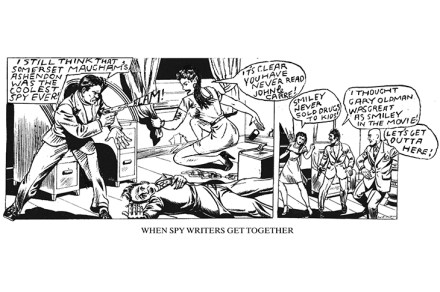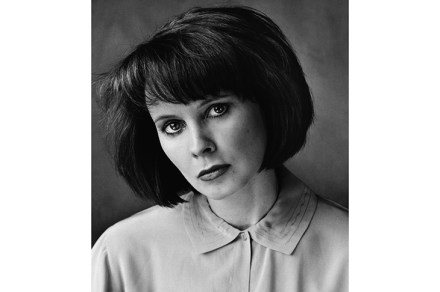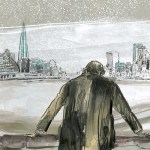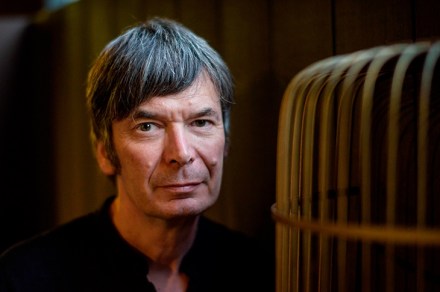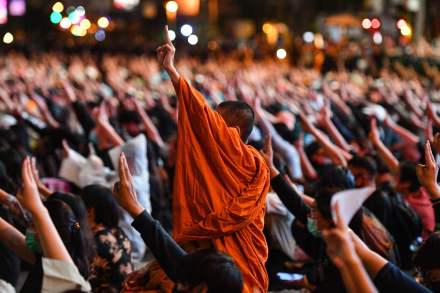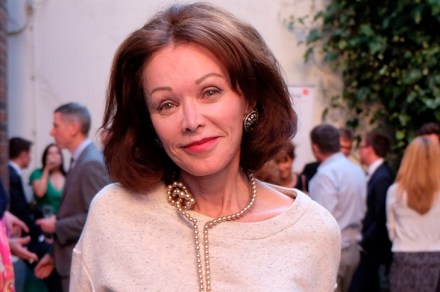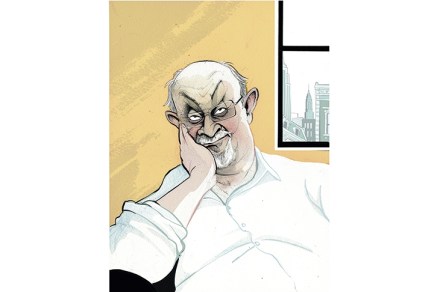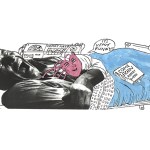John le Carré’s wild MI6 Christmas parties
In the middle of December, for reasons I’m coming to, I woke early in a posh hotel. I lay semi-dozing while my partner, Jo, was in the shower, and eventually worked out how to tune the bedside radio, an internet device, to Radio 4. The six o’clock pips sounded as a bathrobed Jo emerged, earbuds in place: on her digital radio she heard the headlines some seconds ahead of me, and as she sat on the bed, her smile faltered. What’s the matter, I asked. John le Carré’s died, she said. A heartbeat or two later, while the internet transmission caught up with the digital, the radio confirmed this. John
